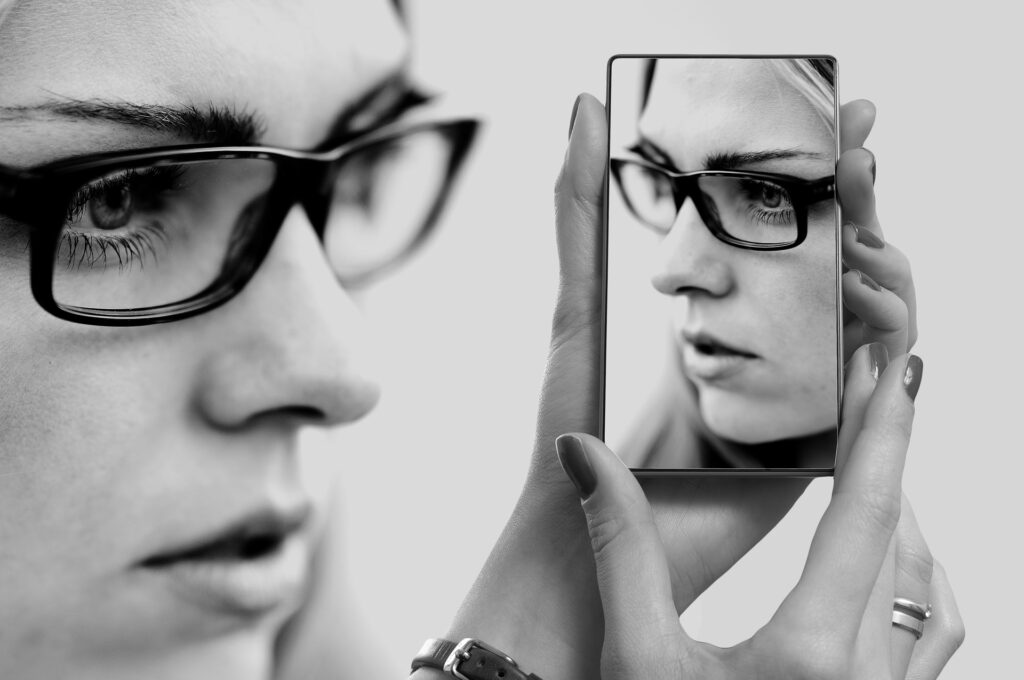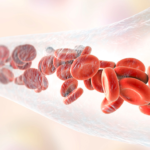CBT and body dysmorphic disorder (BDD)
Most people will admit that we have areas of our appearance that we would like to improve or change, but their insecurities are very minor and do not cause them any distress or anxiety.
For people with body dysmorphic disorder (BDD), or body dysmorphia, perceived flaws in their appearance or unhappiness about certain areas of their body can become an obsession. BDD sufferers often become negatively consumed by their appearance, choosing to focus on minor imperfections (which are often unnoticeable to others) until it has a detrimental effect on their everyday life.
Body dysmorphia shouldn’t be confused with vainness. BDD is a recognised mental health condition that affects people of all ages and genders and can adversely impact the lives of sufferers. Potentially it can lead to increased anxiety levels, depression and, in severe cases, self-harm.
Using cognitive behavioural therapy to treat BDD
Sufferers of BDD often find it very difficult to seek help with their condition. Some people may even turn to cosmetic surgery in an attempt to ‘fix’ their imagined flaws. It’s therefore important for people with BDD not to feel embarrassed or fearful of asking for professional help, as BDD symptoms are unlikely to go away without treatment.
Cognitive behavioural therapy (CBT) is an effective intervention for BDD. The principle of the therapy focuses on understanding and dealing with the negative behaviours and distorted thinking patterns about the person’s appearance that have caused them distress and anxiety.
A qualified CBT therapist with help BDD clients identify their troubling thoughts and understand how these thoughts can influence they way they feel and act in relation to their appearance. By working closely with a CBT expert, clients gradually learn to question their thought process and realise that their negative thoughts about their looks are untrue.
The therapy aims to teach BDD clients that their peers, friends and family do not see their flaws or judge them on their appearance. Once the person realises this, their anxiety levels reduce, and the negative thought patterns begin to diminish.
Professional help is available
It’s important to remember that help is available. Jamie Dempsey M.A. BABCP accredited CBT therapist (About me link) is a reputable CBT Practice which has treated a diverse range of clients experiencing anxiety or depression as a result of body dysmorphia. The practice supports clients in reducing emotional distress and negative thoughts and to look forward to a happier and more fulfilling life.





